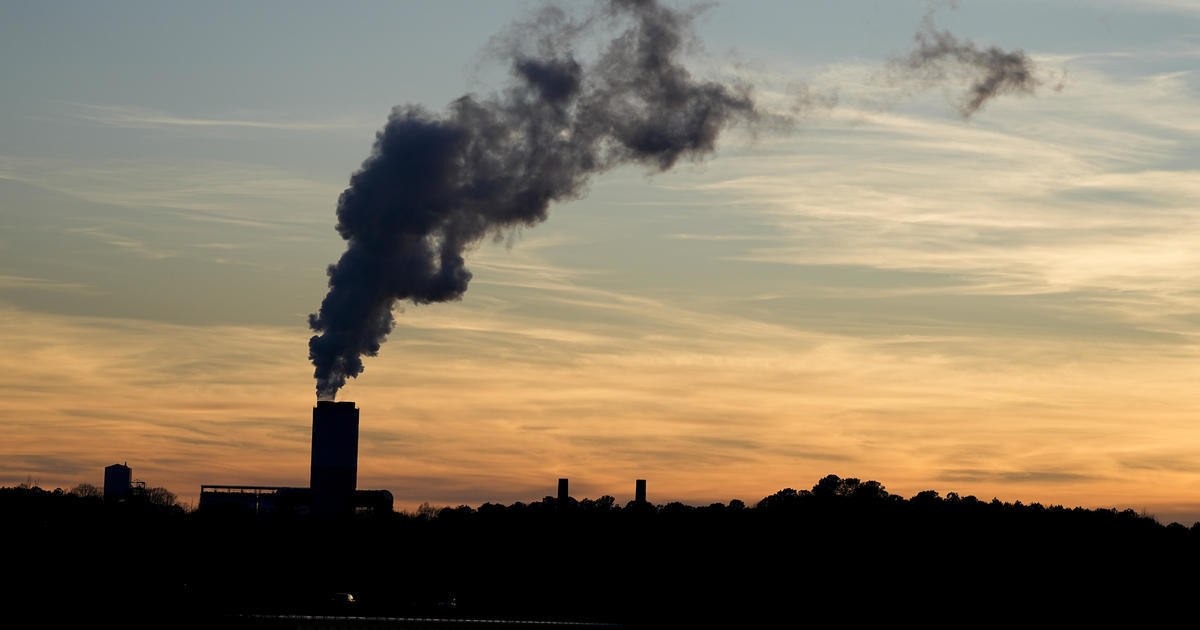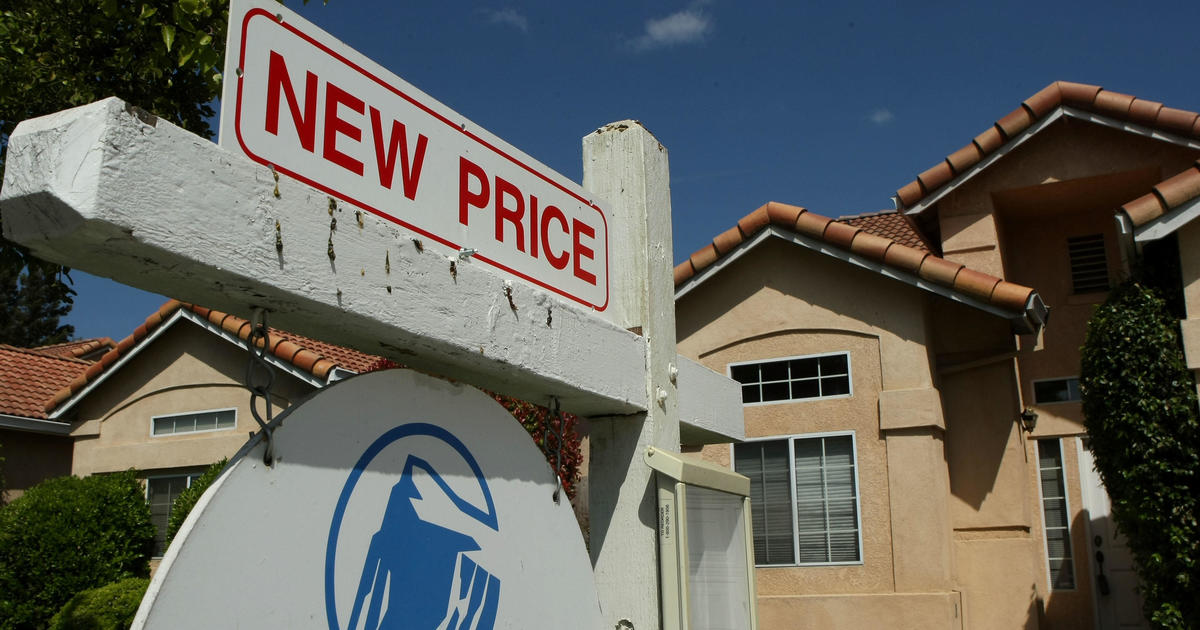Climate-change investing moves beyond the big oil companies
Investors are pushing big companies to do better on the environment. And their focus isn't just on big oil and power companies.
In the next few weeks, Amazon shareholders will vote on a proposal to push the company to describe how it's curbing its use of fossil fuels. In California, investors of Ross Stores are asking the retailer of off-price clothing to set goals for reducing greenhouse gas emissions. And in Kentucky, Yum Brands shareholders are seek an annual tally on what the parent of KFC, Pizza Hut and Taco Bell is doing about deforestation caused by its suppliers.
Companies are facing increased environmental justice demands from consumers. But increasingly, environmentally minded shareholders are also targeting corporations. They're going after consumer businesses, internet companies and others that don't first come to mind as big polluters, pressing them to disclose their vulnerability to climate change—and improve on their plans.
Every year shareholders try to place proposals on the agenda for their companies' annual meetings. Five years ago, only 33% of all proposals related to climate change were aimed at companies outside the energy and utility industries. So far this year, 60% of such proposals are targeted at companies outside energy and utilities, according to ISS Analytics.
"Climate change will affect all industries," said Kosmas Papadopoulos, executive director at ISS Analytics, the data intelligence arm of Institutional Shareholder Services, "and I think we'll see more in other sectors."
Once limited to a niche group of mutual funds that simply promised not to own tobacco or gun stocks, sustainable and responsible investing has grown increasingly mainstream and more comprehensive in its decision making. These investors see additional profits to be made — and losses to be avoided — by considering how the world's changing climate affects companies and markets, as well as how those companies are affecting the environment.
Consider PG&E, which some investors call the first climate change bankruptcy. It filed for Chapter 11 protection earlier this year due to potential liabilities piling up following devastating wildfires in northern California.
Money-makers want transparency
Increasingly, fund managers who choose investments are requiring companies to disclose their level of risk associated with climate. "There are indexes you can't get into if you don't have a board officer assigned to climate risk," said Paula DiPerna, a special advisor at CDP, a nonprofit that pushes companies to disclose their environmental impacts.
The European Union, for instance, recently agreed on requirements for large public market participants to disclose how environmental factors affect their profitability, as well as details of their own environmental strategy.
Famed value investor Jeremy Grantham, who correctly predicted the dot-com and housing bubble crashes, sees climate change investing offering decades of growth. His firm, GMO, launched a climate change fund in 2017. Competitors around the industry have been launching their own funds that value companies' approaches to environmental, social and corporate governance issues, which are known in the industry as "ESG funds."
Sustainable, responsible and impact investing currently accounts for $1 of every $4 invested under professional management for a total of $12 trillion, according to US SIF. That's double the proportion from 2010, when it was roughly $1 of every $8.
Low success rate
Of course, most shareholder proposals pushing for environmental action fail to pass. Company managements typically recommend voting against them, with many saying they're already paying increased attention to the environment.
But anecdotes suggest such proposals do push companies to act. Last year, McDonald's shareholders voted down a proposal to ban plastic straws. But a month later, the company announced tests of plastic-straw replacements in some U.S. and European markets. (The company has already phased out plastic straws in its U.K. and Irish restaurants.)
And environmental proposals are garnering more support than they once did, as shareholders increasingly vote in favor. At Starbucks' annual meeting in March, for example, shareholders voted down a request for a progress report on reducing waste that ends up in the ocean. But the proposal lost by a five-to-four margin, which may be a stronger signal than it sounds.
"It's very difficult to achieve majority support on shareholder proposals, even for some of the issues where you may have seen consensus in the market," said Papadopoulos. "Anything above 30%, we generally consider as significant."
Nearly half of all such proposals reached at least 30% support last year. That's more than double the rate of a decade earlier. So far this year, the rate has been even higher, at 60%, according to ISS Analytics.
Getting out of the boardroom
But the biggest successes for environmentally minded investors may not take place at shareholder meetings at all. They may come, instead, during the conversations happening privately between shareholders and companies.
Last month, for example, Green Century Capital Management said it withdrew a proposal made to Royal Caribbean Cruises related to food waste management. The cruise operator agreed to document annually how much food waste it has and what it's doing to reduce it.
That's why some investors see withdrawals as just as successful, if not more, as wining proposals. So far this year, 68% of all shareholder proposals related to climate change have been withdrawn, excluding those that are still pending.
"We tend to have conversations off the record, so to speak," said Fran Tuite, a portfolio manager at Faripointe Capital who helps manage its ESG Equity fund. "I think that's how a lot of change is being influenced."
-- CBS News' Irina Ivanova contributed reporting.



